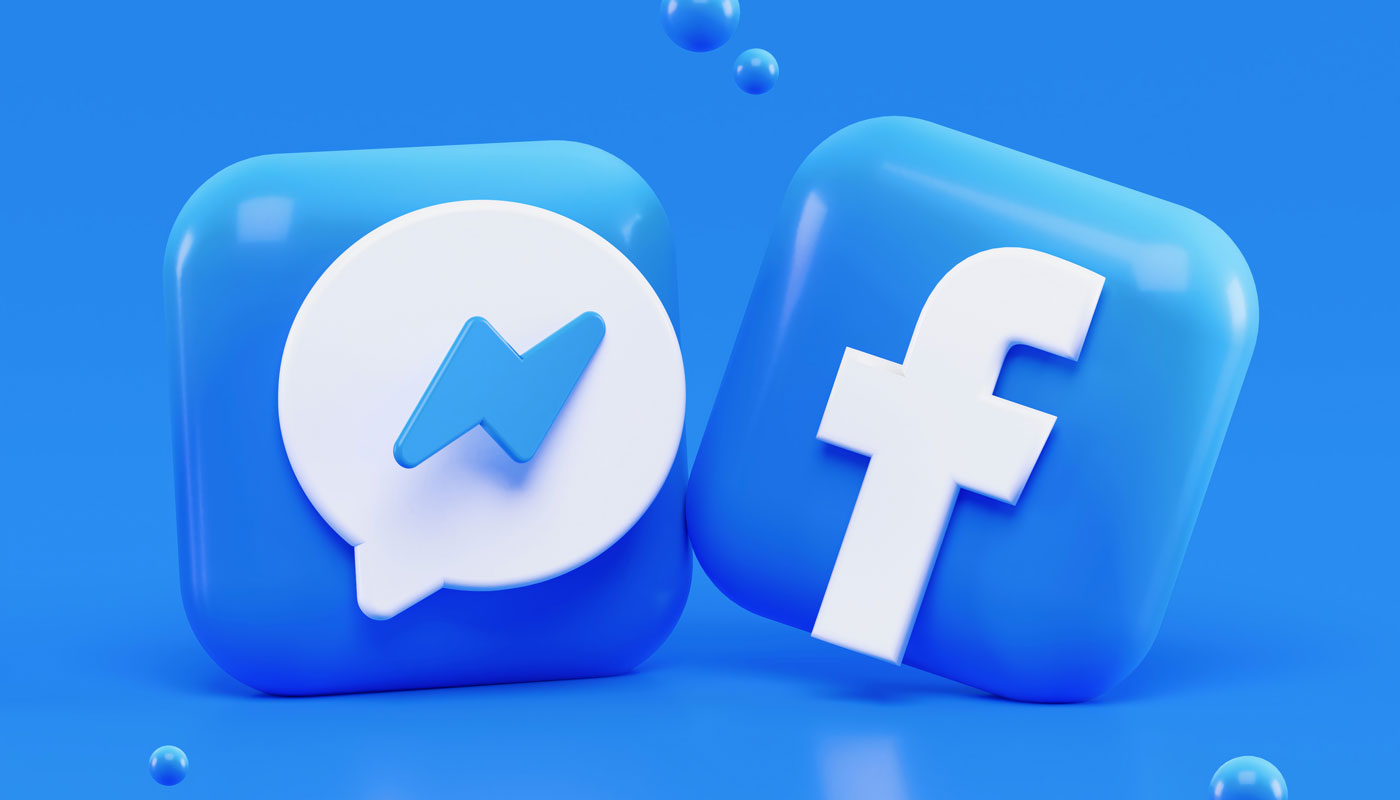Each year thousands of Facebook developers descend on San Jose, in California for Facebook’s announcements on the future roadmap at the f8 Conference. Digital marketers hold their breath waiting for the latest platform evolutions and then strategies are tweaked accordingly to focus on new ways to engage consumers.
But this year signaled a major change of direction. In light of the privacy scandals, declining user numbers and lack of trust, CEO Mark Zuckerberg made it very clear that the big blue behemoth is changing focus! Many of the announcements have been on the cards for a while now, but there were some major implications for what this means for marketing on Facebook and it requires a rethink of how your brand leverages its time spent.
View all the news in detail on Facebook website:
The future is private
No longer a broadcast platform, Facebook is making changes to how the users experience their time on the platform, mostly due to negative feedback in light of privacy concerns. Zuckerberg made it crystal clear that “The future is private. I believe a private-social platform will be more important in our lives than our digital town squares”. It is clear that Facebook is pushing hard to help family and friends connect in a meaningful way.
Community management will become critical in this new model and the vanity metrics like number of likes will start to diminish in visibility. Instead there will be more focus on conversations and meaningful connections between people as a way to evaluate success.
The changes signal a different way to view the way you approach marketing on Facebook owned platforms such as Instagram, Messenger, What’s App. Forget about just posting content on the news feed and expecting it to be seen. You’ll need to shift your thinking to focus on one-on-one interactions and leveraging other inbuilt tools and features to be more authentic in how your brand stories are conveyed.
What do you need to know?
Facebook is being redesigned around Groups and Events
According to Zuckerberg, “There are tens of millions of active groups on Facebook. When people find the right one, it often becomes the most meaningful part of how they use Facebook. And today, more than 400 million people on Facebook belong to a group that they find meaningful. With this in mind we’re rolling out a fresh new design.”
The news feed will start to be downplayed with a renewed focus on groups and events, creating prominent groups tabs and a more personalised feed from groups that you’ve joined. Group interaction options will show up when you’re browsing other parts of Facebook too. The idea is that people will expand their social circles and find relevant events nearby.
The newly designed Facebook app will have a groups tab prominently located in the middle of the menu bar – giving a more personalised feed of updates and recommendations to join new groups based on consumer’s interests.
A redesigned events tab will also help consumers discover local businesses and co-ordinate with friends to make plans to get together.
This fragmentation of attention means that brands will need to think differently about how they engage – building communities and reasons for people to connect.
New camera features and less prominent likes in Instagram
Vanity metrics are diminishing with likes becoming less prominent, and a new camera design with create mode will make it easier to create effects and interactive stickers.
You’ll also start to see greater shopping tags (not yet possible for alcohol brands) to help drive more sales. A new shopping tab is on the cards in the explore tab and the checkout process has been enhanced.
Facebook messenger will focus on close friends
Messenger is being revamped to allow greater interaction between close friends, including rolling out a desktop app. It will also be a priority customer service channel for businesses to communicate one-on-one with their consumers. You’ll also start to see the ability to book appointments in messenger conversations.
Speed will be enhanced (nicknamed Project Lightspeed) meaning that it will use less battery, increase reliability and encourage more consumers to leverage the tool.
Brands can’t afford to ignore how to integrate messenger more seamlessly into social media communications.
Of course, there’s also continued evolution around virtual reality with Facebook launching two new headsets to leverage this technology later in the year. Thinking about how to utilise these tools to create some engagement and additional theatre around your stories remains an opportunity to explore.
Yes, we hear the collective sigh of frustration every time the roadmap evolves, meaning that plans have to be tweaked to play in the new environment. But as always, the brands winning in the social media space are nimble and think about connecting with the consumer, building relationships, rather than a singular focus on selling product. Visuals continue to be important but equally so, is thinking about ways to consistently have an authentic presence across different touch points.








